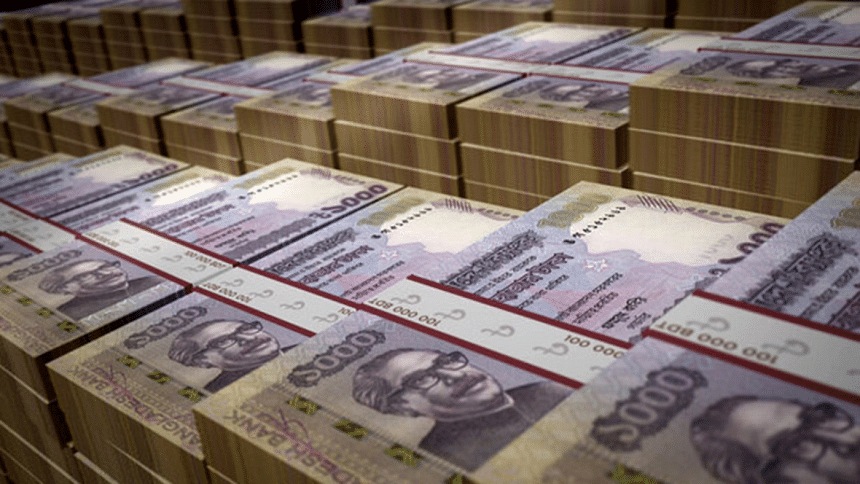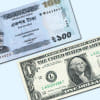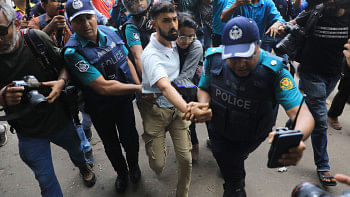Taka weakens further

Bangladesh's taka weakened further after the central bank allowed more flexibility in the purchase and sale of foreign currencies, reflecting a shortfall of the US dollar in the market.
Banks yesterday traded each dollar for as much as Tk 120 in interbank transactions whereas just a couple of days ago it was Tk 118, according to Bangladesh Bank (BB).
The taka lost value after the BB widened the band of the crawling peg, a predefined range for exchange rate fluctuations, from 1 percent to 2.5 percent on August 18 to increase the inflow of foreign currencies.
The central bank introduced the crawling peg in early May this year, moving away from administered rates of US dollars, in a bid to gradually allow demand and supply to determine the exchange rate.
Taka lost value after the BB widened the band of the crawling peg, a predefined range for exchange rate fluctuations, from 1 percent to 2.5 percent
At that time, the central bank declared Tk 117 as the crawling peg mid-rate by allowing an over 6.3 percent deprecation of the taka, which has significantly lost value in the last two and a half years amid falling foreign exchange reserves.
"There is a gap between supply and demand for the greenback which is why the dollar is gaining," said a senior official of Mercantile Bank.
Bankers said they had to buy the dollar at higher prices than the crawling peg rates from foreign exchange houses that collect remittances from Bangladeshi migrant workers.
In some instances, banks paid up to Tk 120 to collect each greenback.
And the central bank eased the rules following meetings with bankers.
The official added that the present exchange rate of the US dollar was more or less acceptable at this point.
"But before the political changeover, the BB played a dual role as it allowed some banks to buy the dollar by offering higher than the rates of the crawling peg band," he added.
The head of treasury of another leading private bank said some banks were still buying the US dollar from remittance houses at rates higher than Tk 120 because of a shortage.
The pressure to make payments against imports is growing gradually, he said, mentioning that Bangladesh's imports declined drastically over the last two years for official restrictions to prevent fast depletion of forex reserves.
Imports fell 13 percent year-on-year to $57.56 billion in the July-May period of fiscal 2023-24, BB data shows.
Bangladesh's forex reserves had reached a record high of $48 billion at the end of August 2021. The amount came down significantly to $25.92 billion at the end of July this year.
However, as per the calculation methods of the International Monetary Fund, the country's foreign exchange reserves were $20.48 billion as of July 31 this year.

 For all latest news, follow The Daily Star's Google News channel.
For all latest news, follow The Daily Star's Google News channel. 








Comments